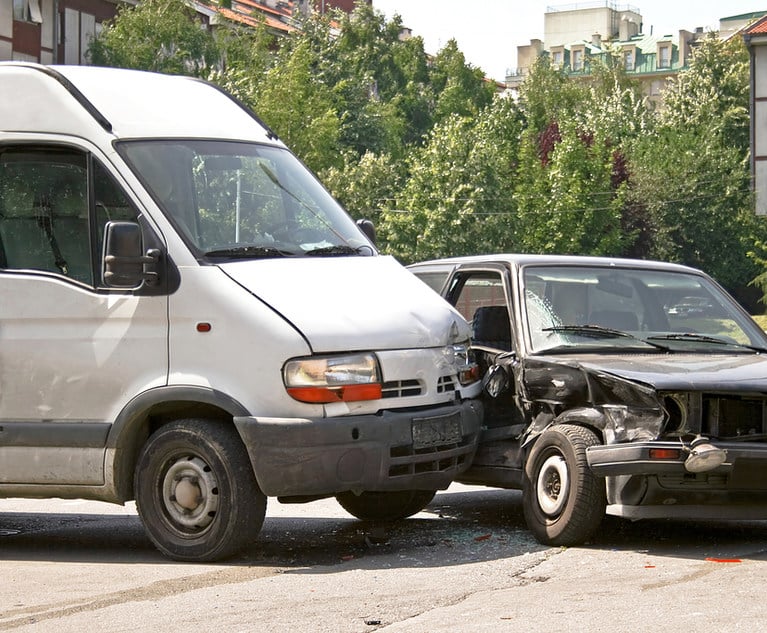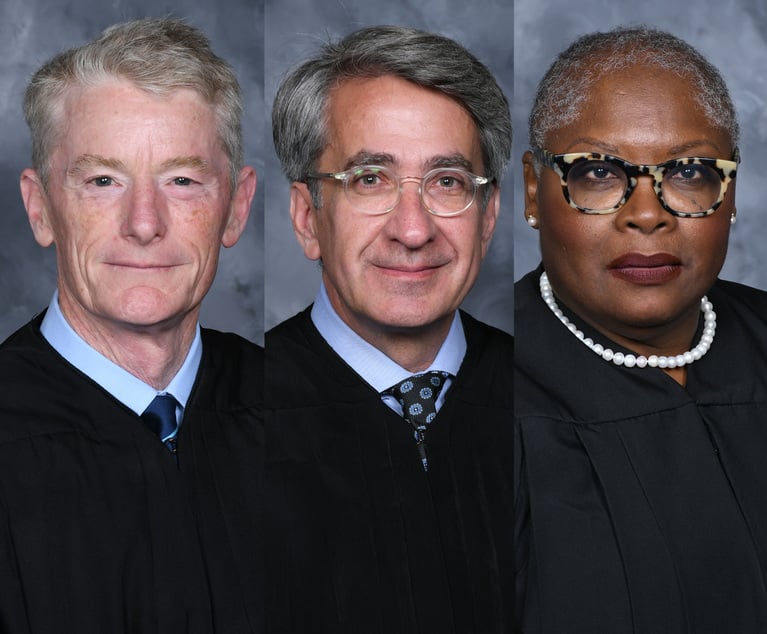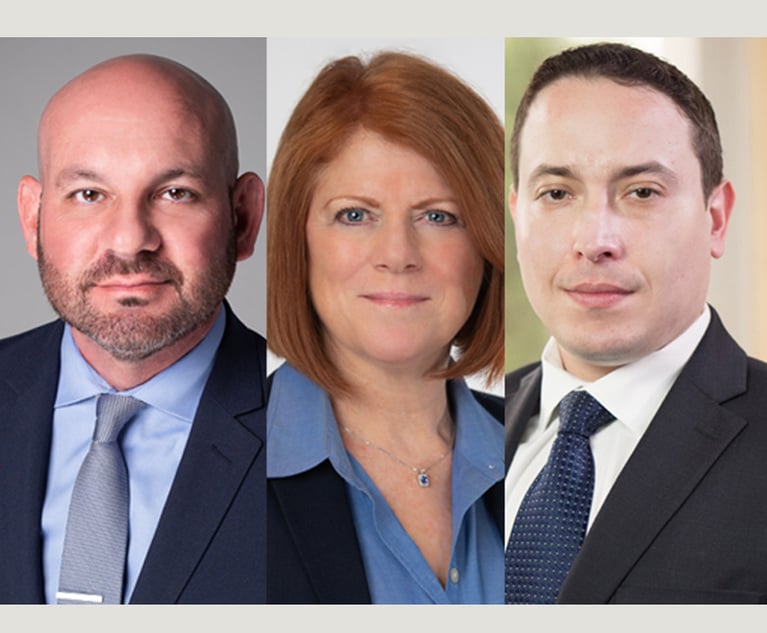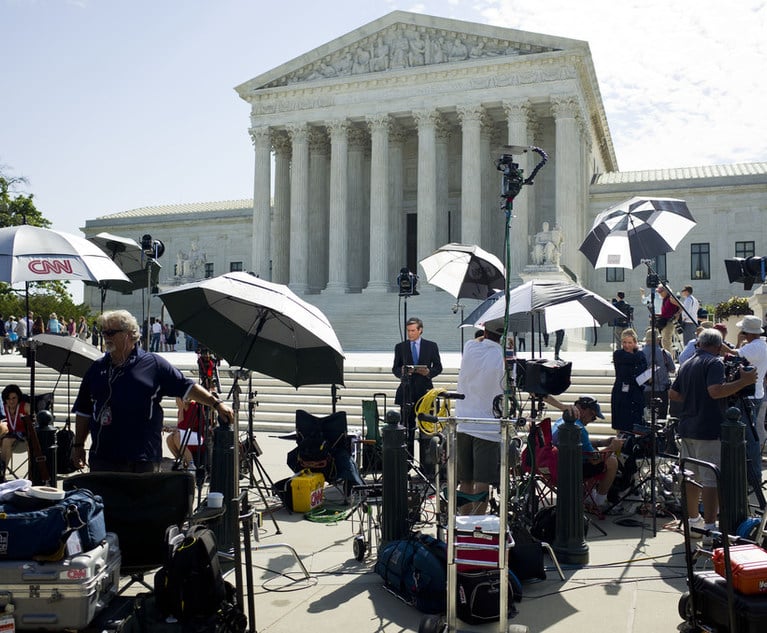 Plaintiff Richard Finaldi was in an automobile accident with defendant Matthew Knight, one of defendant Cornucopia Logistics’s dispatchers. Knight had stolen a Cornucopia delivery van, fell asleep while operating the van, went through a red light and collided with Finaldi. Finaldi suffered serious injuries as a result of the accident. At issue in Finaldi v. Knight, 2024 N.J. Super. Unpub. (App. Div. Jan. 3, 2024), was whether Cornucopia could be held responsible for its employee’s actions in causing this accident. The court decided that issue based upon a foreseeability analysis.
Plaintiff Richard Finaldi was in an automobile accident with defendant Matthew Knight, one of defendant Cornucopia Logistics’s dispatchers. Knight had stolen a Cornucopia delivery van, fell asleep while operating the van, went through a red light and collided with Finaldi. Finaldi suffered serious injuries as a result of the accident. At issue in Finaldi v. Knight, 2024 N.J. Super. Unpub. (App. Div. Jan. 3, 2024), was whether Cornucopia could be held responsible for its employee’s actions in causing this accident. The court decided that issue based upon a foreseeability analysis.
This case was decided in accord with other similar negligence cases in which the courts use a “foreseeability analysis” in determining whether a duty of care should be imposed upon a defendant for an incident resulting in an injury to a third party. In negligence cases, the first prong in proving negligence is whether a duty of care exists—an issue of law to be decided by the judge—not the jury. In negligence cases that do not fit into a specific category (such as premises owner/invitee case), this type of analysis is commonly used to determine if a duty should be imposed.






